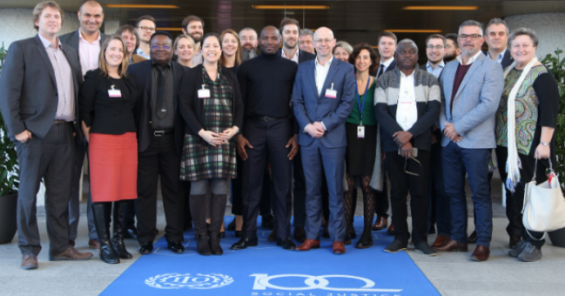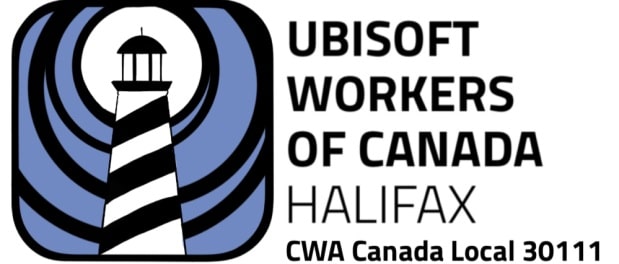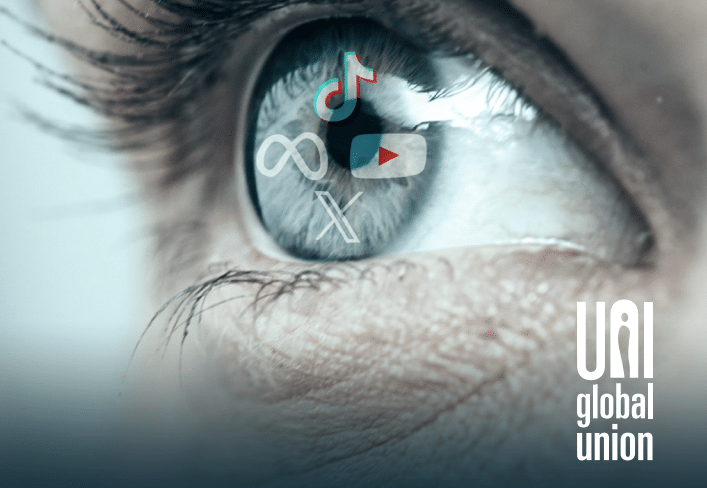The historic conclusions from the International Labour Organization’s (ILO) inaugural Global Dialogue Forum on Decent Work in the World of Sport have identified that athletes must have their fundamental rights protected and the collective actions required to achieve this. The conclusions, adopted by ‘Points of Consensus’, were negotiated following three days of talks between a delegation of athlete unions led by the World Players Association, employer organisations and governments in Geneva between 20 – 22 January 2020.
World Players Executive Director Brendan Schwab said, ‘The conclusions make clear that athlete relations in the world of sport must be based on freedom of association and effective recognition of the right to collective bargaining, regardless of the type of employment relationship. “Free, independent, strong and representative” athlete organisations are a key to achieving this.’
‘This significant acknowledgement from the body responsible for decent work worldwide follows its earlier report that athletes face widespread workplace challenges. It is the latest in a series of commitments from United Nations agencies that require the internationally recognised human rights of athletes to be protected, respected and upheld.’
Other important conclusions, consistent with established World Players’ policies, include that the personal development, physical and mental health, and social wellbeing of players must be an essential aspect of player development and dual career programmes, and children must be safeguarded by policies that accord with their best interests and internationally recognised standards.
In addition to providing the framework for direct dialogue between player associations, employers and sports governing bodies, the conclusions provide for further important actions including:
1) Follow up and further dialogue at the ILO level
2) Follow-up and research at regional levels
3) Governments are to review and adopt laws to ensure they are consistent with decent work for athletes
4) Dedicated training on how decent work for athletes can be achieved.
FIFPRO General Secretary, Jonas Baer-Hoffmann, led the negotiations on behalf of the athlete unions, together with Mr Schwab. They were assisted by Maité Llanos, Assistant Director at the International Trade Union Confederation and Matthew Graham, World Players’ Head of Legal and Player Relations.
They were supported by diverse World Players’ affiliates including the Australian Athletes Alliance, EU Athletes (including the Gaelic Players Association and Slovenian Athletes Union), the Federation of International Cricketers’ Association, International Rugby Players, and the Japanese Professional Baseball Players Association. Current and former athletes also played a key role including FIFPRO Vice President, and former Cameroonian captain and Olympic gold medallist, Geremi Njitap and current Argentinian Women’s National Team goal-keeper, Gaby Garton.
Several sport governing bodies also participated throughout the Global Dialogue including the International Olympic Committee (IOC), Fédération Internationale de Football Association (FIFA), Union of European Football Associations (UEFA), the Union Cycliste Internationale (UCI), World Rugby and the Global Association of International Sports Federations (GAISF). Although they were not party to the negotiations given the tripartite structure of the ILO, as ‘other stakeholders’ they have an important role to play in fulfilling their responsibilities and being part of these collective efforts to ensure that decent work for athletes is a reality.


